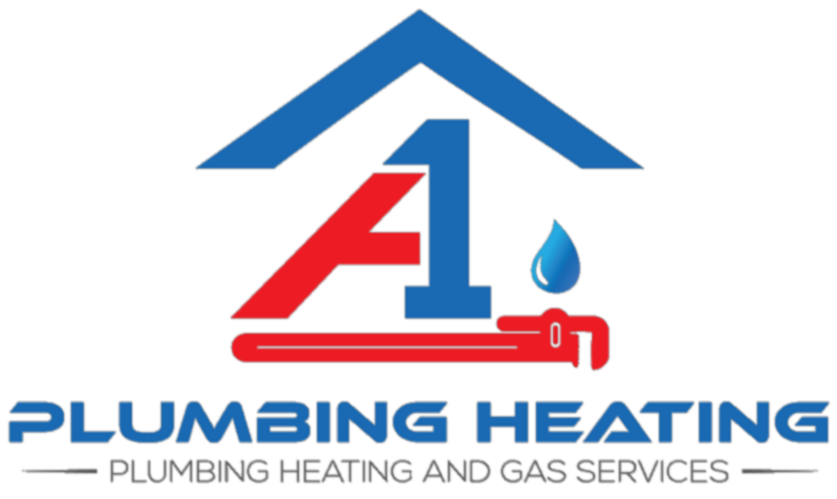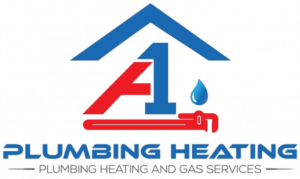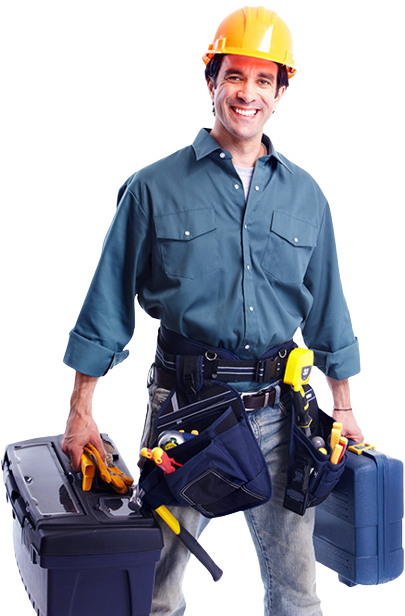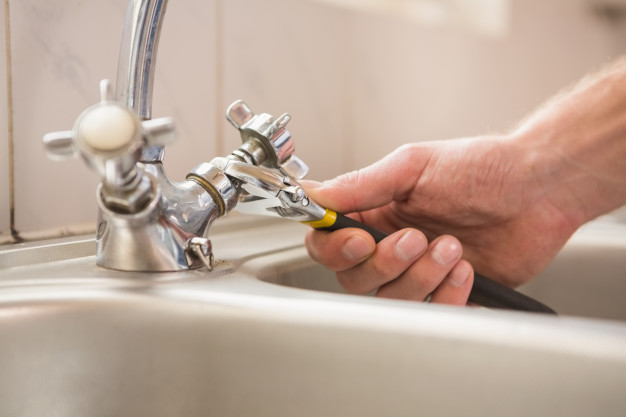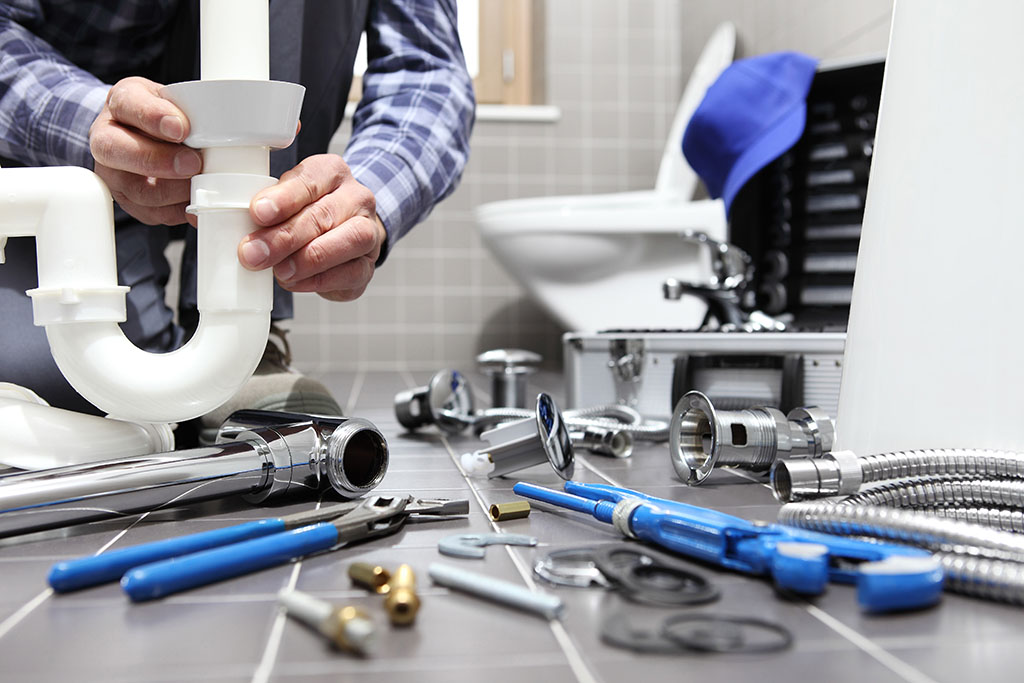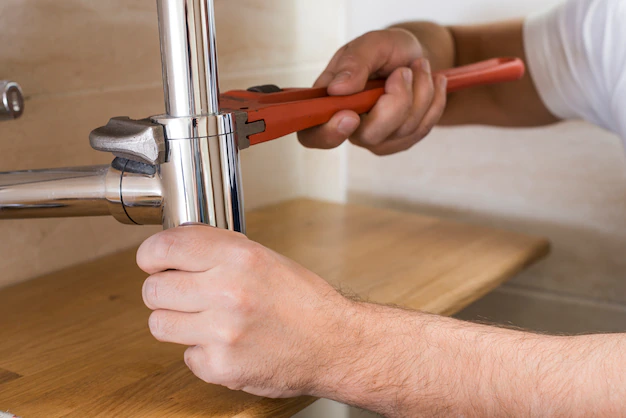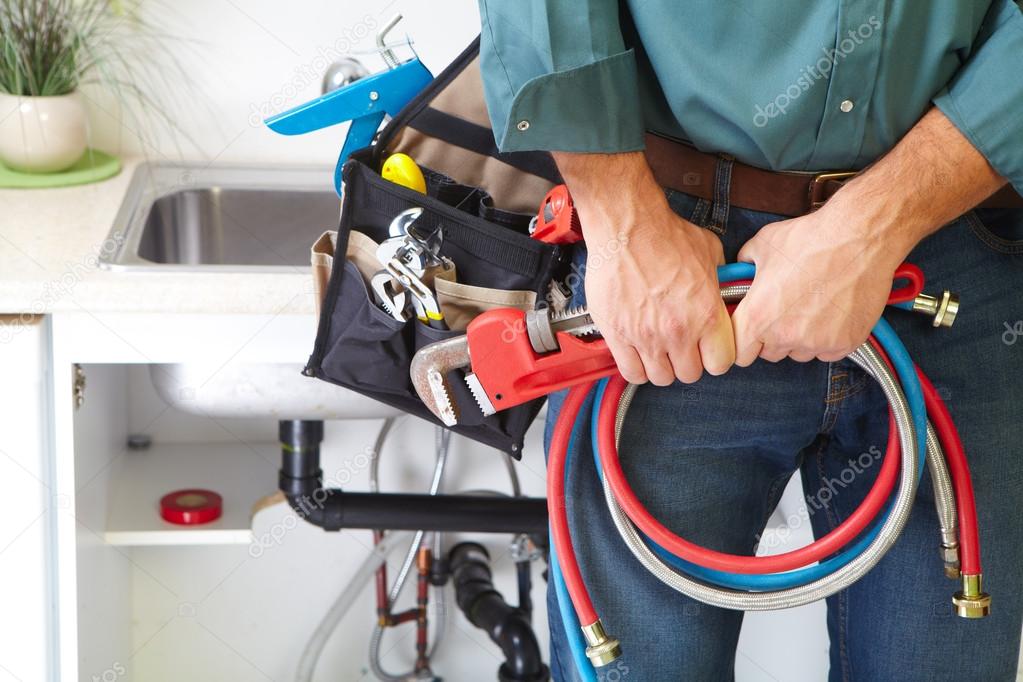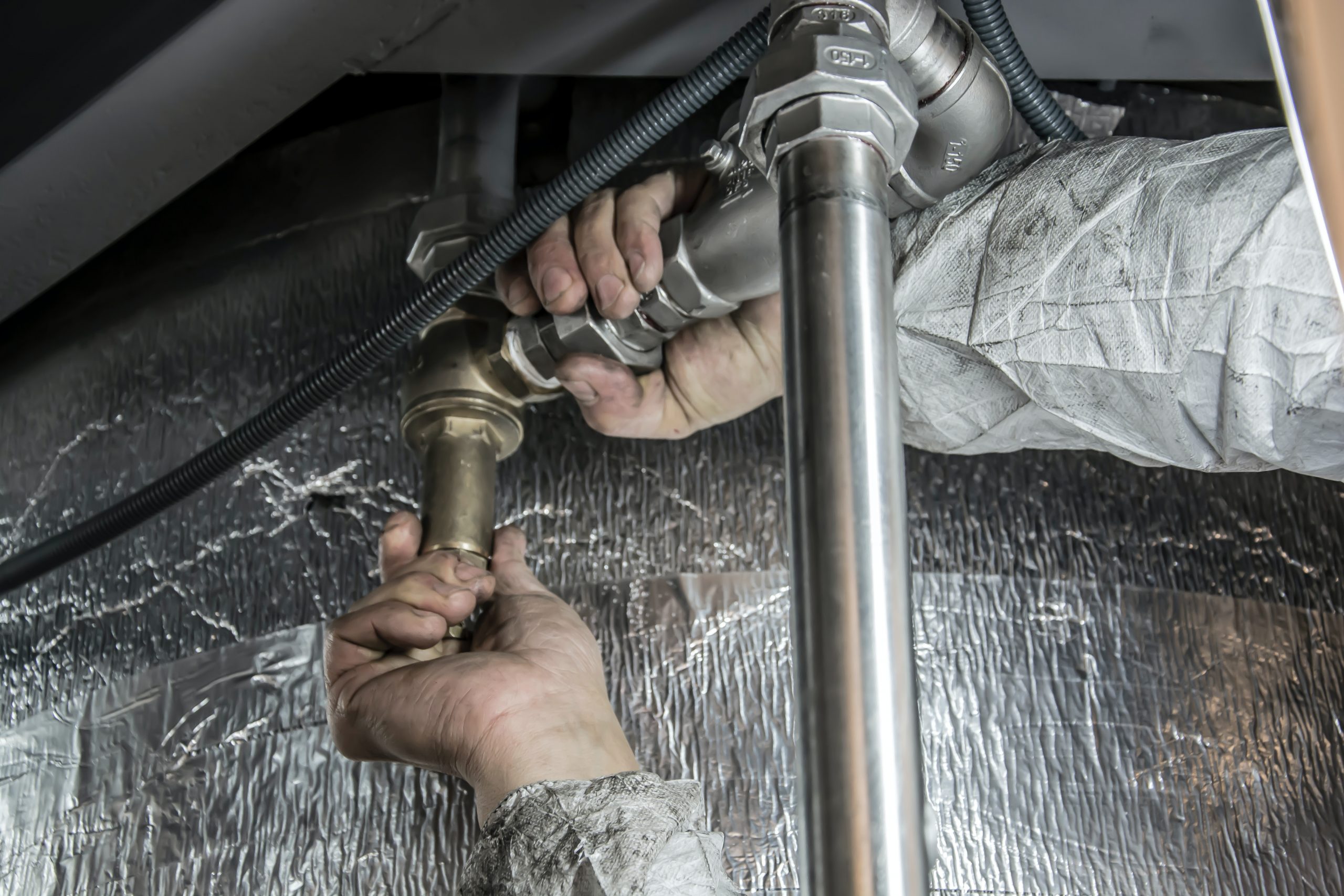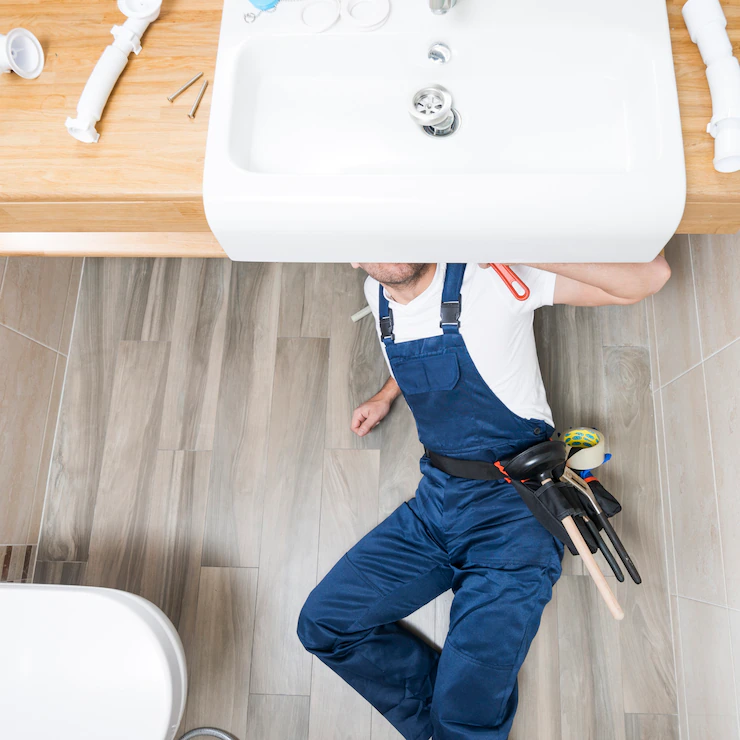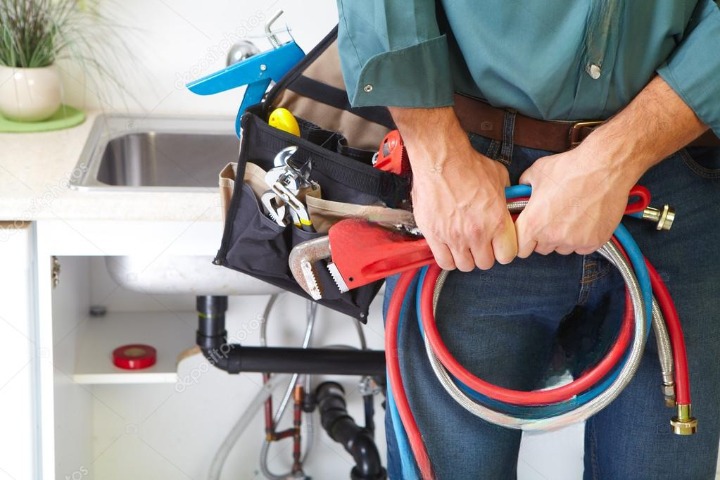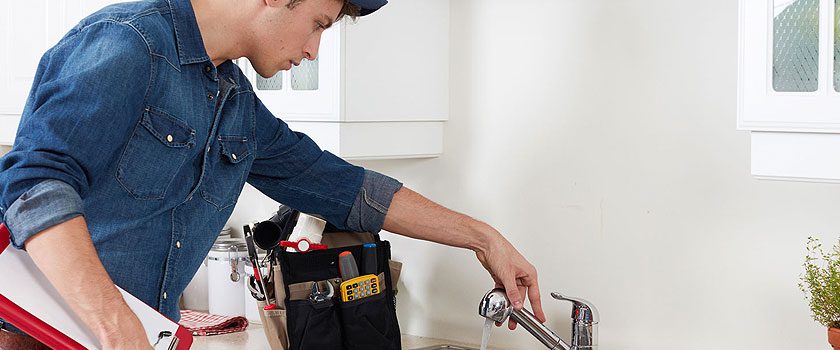In Bristol, the importance of having a reliable heating system cannot be overstated. Whether it’s a chilly winter night or a brisk autumn morning, you need your home to be warm and cozy. This is where a skilled heating engineer in Bristol comes in. If you’re looking for top-notch heating services, you’ve come to the right place. Let’s dive into why hiring a professional heating engineer is crucial and what you should look for in one.
Why You Need a Heating Engineer in Bristol
Your heating system is the heart of your home’s comfort. A professional heating engineer ensures that your system runs efficiently, saving you money on energy bills and avoiding unexpected breakdowns. They offer a wide range of services, from installation and repairs to regular maintenance. In Bristol, having an expert heating engineer means peace of mind, knowing your system is in good hands.
Services Offered by Heating Engineers
Heating engineers in Bristol provide a variety of services. Here’s a closer look:
1. Heating System Installation When installing a new heating system, you need a heating engineer who understands the latest technology and best practices. They’ll help you choose the right system for your home and ensure it’s installed correctly.
2. Boiler Repairs and Maintenance Boilers are essential for providing hot water and heating. Regular maintenance by a heating engineer ensures your boiler runs efficiently and lasts longer. If your boiler breaks down, a heating engineer can diagnose and fix the problem quickly.
3. Radiator Services Radiators are key components of your heating system. Heating engineers can install, repair, and maintain radiators, ensuring they distribute heat evenly throughout your home.
4. Underfloor Heating Underfloor heating is becoming increasingly popular. It provides even heat distribution and can be more energy-efficient than traditional systems. Heating engineers in Bristol have the expertise to install and maintain these systems.
5. Emergency Heating Services Heating emergencies can happen at any time. A reliable heating engineer offers emergency services, ensuring you’re never left in the cold.
Choosing the Right Heating Engineer in Bristol
Not all heating engineers are created equal. Here are some tips for choosing the best one for your needs:
1. Check Qualifications and Certifications Ensure your heating engineer is qualified and certified. In the UK, Gas Safe registration is a must for anyone working with gas appliances.
2. Look for Experience Experience matters. An experienced heating engineer will have dealt with a variety of systems and issues, making them better equipped to handle your needs.
3. Read Reviews and Ask for References Online reviews and references from past clients can give you a good idea of a heating engineer’s reliability and quality of work.
4. Get a Detailed Quote A detailed quote ensures there are no hidden costs. Make sure it includes all parts and labor.
5. Consider Customer Service Good customer service is essential. Choose a heating engineer who is responsive, friendly, and professional.
Common Heating Problems in Bristol Homes
Heating systems can encounter various issues. Here are some common problems and how a heating engineer can help:
1. No Heat or Hot Water This is often due to a problem with the boiler. A heating engineer can diagnose and fix the issue, restoring your heat and hot water.
2. Leaking or Dripping Boiler A leaking boiler can cause serious damage to your home. A heating engineer can find the source of the leak and repair it.
3. Radiators Not Heating Up This can be due to trapped air or sludge in the system. A heating engineer can bleed your radiators or flush the system to improve efficiency.
4. Strange Noises Banging, whistling, or gurgling noises from your heating system can indicate a problem. A heating engineer can identify and fix the issue.
5. Thermostat Issues If your thermostat isn’t working correctly, your heating system won’t operate efficiently. A heating engineer can repair or replace your thermostat.
Benefits of Regular Heating Maintenance
Regular maintenance by a heating engineer has several benefits:
1. Improved Efficiency A well-maintained heating system runs more efficiently, saving you money on energy bills.
2. Extended Lifespan Regular maintenance can extend the lifespan of your heating system, delaying the need for a costly replacement.
3. Fewer Breakdowns Regular checks can catch problems early, reducing the likelihood of breakdowns.
4. Safety A heating engineer will ensure your system is safe, reducing the risk of carbon monoxide leaks and other hazards.
How to Maintain Your Heating System
While a heating engineer will handle most maintenance tasks, there are a few things you can do to keep your system running smoothly:
1. Bleed Your Radiators Bleeding your radiators removes trapped air, allowing them to heat more efficiently.
2. Check the Pressure Ensure your boiler pressure is at the recommended level. If it’s too low or too high, consult your heating engineer.
3. Keep Vents Clear Make sure vents and grilles are not blocked by furniture or curtains, as this can impede airflow.
4. Schedule Regular Servicing Annual servicing by a heating engineer ensures your system remains in good working order.
Understanding Heating Engineer Costs in Bristol
The cost of hiring a heating engineer in Bristol can vary. Here’s a breakdown of what you might expect:
1. Hourly Rates Many heating engineers charge by the hour. Rates can vary depending on experience and qualifications.
2. Call-Out Fees Some engineers charge a call-out fee, especially for emergency services. This fee covers the cost of coming to your home.
3. Fixed Prices For certain jobs, such as boiler installations or servicing, you might be quoted a fixed price.
4. Parts and Materials In addition to labor costs, you’ll need to pay for any parts or materials required for the job.
5. Annual Service Contracts Some heating engineers offer service contracts. These typically include an annual service and cover certain repairs, providing peace of mind and potentially saving money in the long run.
Energy Efficiency Tips for Bristol Homes
Maximizing energy efficiency can save you money and reduce your carbon footprint. Here are some tips:
1. Upgrade Your Boiler Modern boilers are much more efficient than older models. Consider upgrading if your boiler is more than 10 years old.
2. Install a Programmable Thermostat A programmable thermostat allows you to set your heating to come on only when needed, reducing waste.
3. Insulate Your Home Good insulation keeps the heat in, reducing the amount of energy needed to warm your home.
4. Use Energy-Efficient Radiators Modern radiators are designed to be more efficient, providing better heat output for the same energy usage.
5. Regular Maintenance As mentioned earlier, regular maintenance by a heating engineer ensures your system runs efficiently.
The Future of Heating Systems in Bristol
The heating industry is constantly evolving. Here’s a look at some of the future trends:
1. Smart Heating Systems Smart systems allow you to control your heating remotely via your smartphone. They can also learn your habits and adjust settings automatically for maximum efficiency.
2. Renewable Energy Sources More homes are turning to renewable energy sources, such as solar panels and heat pumps, to power their heating systems.
3. Improved Energy Efficiency Technological advancements are making heating systems more efficient than ever, reducing both costs and environmental impact.
4. Government Incentives Governments are offering incentives to encourage the adoption of more efficient and eco-friendly heating solutions.
Finding the Best Heating Engineer in Bristol
Finding the right heating engineer in Bristol doesn’t have to be difficult. Start by asking for recommendations from friends and family. Check online reviews and look for engineers who are highly rated. Don’t be afraid to ask for quotes from multiple engineers to ensure you’re getting the best deal.
Conclusion
Having a reliable heating system is essential for comfort and safety in your home. A professional heating engineer in Bristol can ensure your system is installed, maintained, and repaired to the highest standards. By following the tips and advice in this guide, you can find the best heating engineer for your needs and keep your home warm and cozy all year round.
Ready to learn more about keeping your home warm and energy-efficient? Dive into our next article on the latest heating technologies that are revolutionizing homes in Bristol. Stay informed and stay warm.
